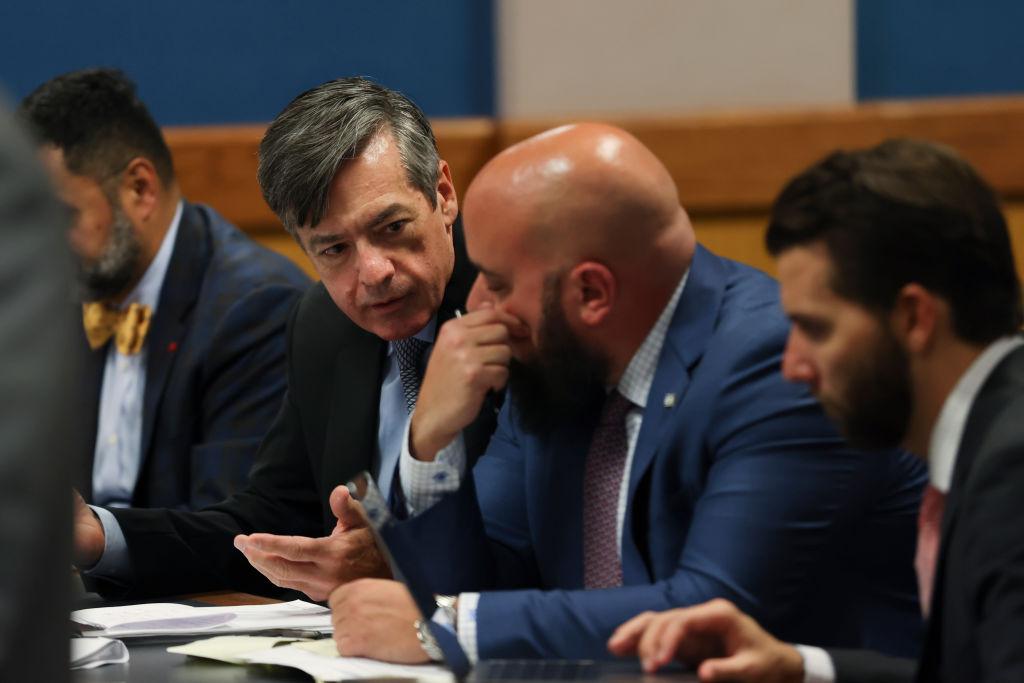Fulton County Superior Court Judge Scott McAfee in Georgia approved a change to former Trump Campaign attorney Kenneth Chesebro’s probation on Nov. 27, allowing him to travel to Nevada, Arizona, and Washington, where he faces ongoing investigations related to the 2020 presidential election.
Mr. Chesebro was indicted in August, along with former President Donald Trump and 17 others—all charged with violating Georgia’s Racketeer Influenced and Corrupt Organizations (RICO) Act for their actions challenging the 2020 election results.





